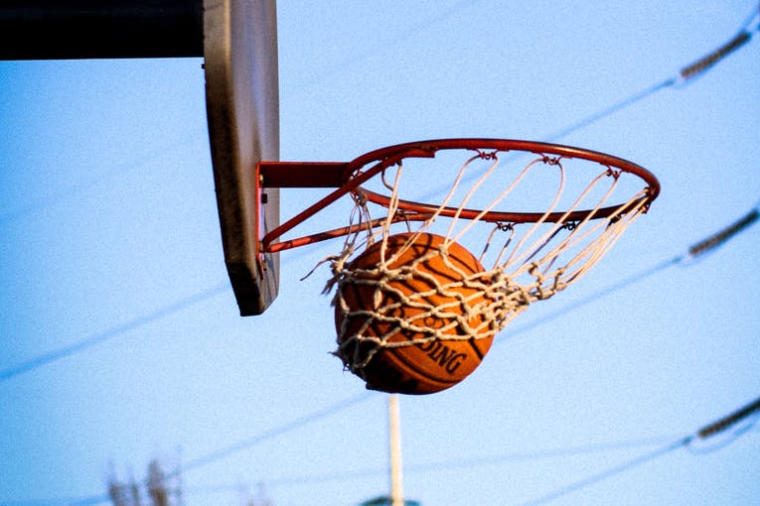Specialization and Other Types of Adaptations
Does this sound like you?
Alright! I don’t think I’ve ever had any major injuries. I used to be more active as I was younger; at least, that’s what my parents say. These days, I just don’t have the motivation to move. I tried working out, but could never sustain the effort until it became a habit. I don’t see why my body would fear or want to avoid movement. There must be something more to this!
There is.

Learning a new movement excites us for one reason, while performing a well-practiced move feels good for another reason.
“Practice makes perfect!” I bet you’ve heard that one before, but there’s more: practice also makes it efficient.
With each repetition, our nervous system “polishes” the neurological pathways, making it possible to perform the same move with lower energy consumption and in a more precise manner. We enact the feedback loop that allows us to match the expectations and results of a performed action, making adjustments or reinforcing successful efforts with positive stimuli.
Every time we hit a tennis ball and it takes the trajectory we intended, it feels good. Every time a basketball swooshes through the hoop, it feels good. Every time we move in sync with our partner, it feels good. Even watching well-executed movement gives us pleasure – but that’s a topic for another time.
What we want to understand from all this is that, if we take the time to perform our share of repetitions, gradual adaptations will lead our body to specialization. In other words, our body loves to do what it specializes in.
If you've ever observed a yogi or a dancer start moving arbitrarily, let’s say at a bus stop, beach, or any other public place, just for something to do, then you know what I’m talking about. They move because it feels good. A person who likes jogging can’t wait to hit the trail when he gets out of his car at the park. You can literally see them hit the ground running.
Some adaptations start talking effect after just a few hours of conditioning (or repetitions), while some take weeks, months, or years. Yet, you better believe that those things you do often get embedded inside you; your body and your brain are shaped accordingly.
Why am I talking about specialization here?
Specialization is what makes you good at something, but it may also affect your ability to do other things. For example, it’s hard for a heavyweight lifter to move as gracefully as a dancer. This is, however, a bit of an extreme comparison. Here’s a bit more subtle of a case: comparing short- and long-distance runners. They both race, but their specializations makes them good at one type of event, but not the other, on a competitive level.
We will not get into more details, but you can read on if you want: Why Do Sprinters Need So Much More Muscle Than Long-Distance Runners? - Forbes, Sep 20, 2016
Those of us who sit a lot at work, at school, or at home become specialized in just that – sitting. As a result, sitting feels good, especially if you have a good chair. Unfortunately, the physiological adaptations caused by sitting make us inept at many other things. If a sedentary person is facing a decision of whether to move or to sit down, sitting down would probably win most of the time. It just feels so much better than moving due to our bodies’ adaptations and specializations. Besides, sitting doesn’t require much energy, which, as we already discussed, is something that has a greater priority in the evolutionary and survival contexts.
In layman’s terms, you are either good at sitting or you are good at moving, but not both. If you struggle to enjoy movement, it’s possible that your body is shaped for sitting (literally).
Years of sitting have contributed to chronic muscular imbalances as a result of neurological adaptations, as well as long-term changes in passive structures and tissues, which affect your bones and joints.
It will take time and patience to undo the harms of the sedentary lifestyle, as one can’t simply get up and start jogging or lifting heavy weights right off the bat. It’s like getting into a car and driving it a long distance after it had been parked for many years. It may be the same vehicle visually, but would you really trust it to perform reliably? If you start your engine and roll your body out on the road after years of neglect, your internal protective mechanisms will go bananas.
You’ll start stiffening up and developing inflammations; you’ll ache and suffer while repeating the mantra no pain, no gain. In addition, the false claims made by popular internet fads may push us to do things that are unfounded and plainly wrong, exacerbating issues even further. If you’ve tried one of those high-intensity workouts that make you sweat like crazy and drop to the floor at the end, then you know what I’m talking about.